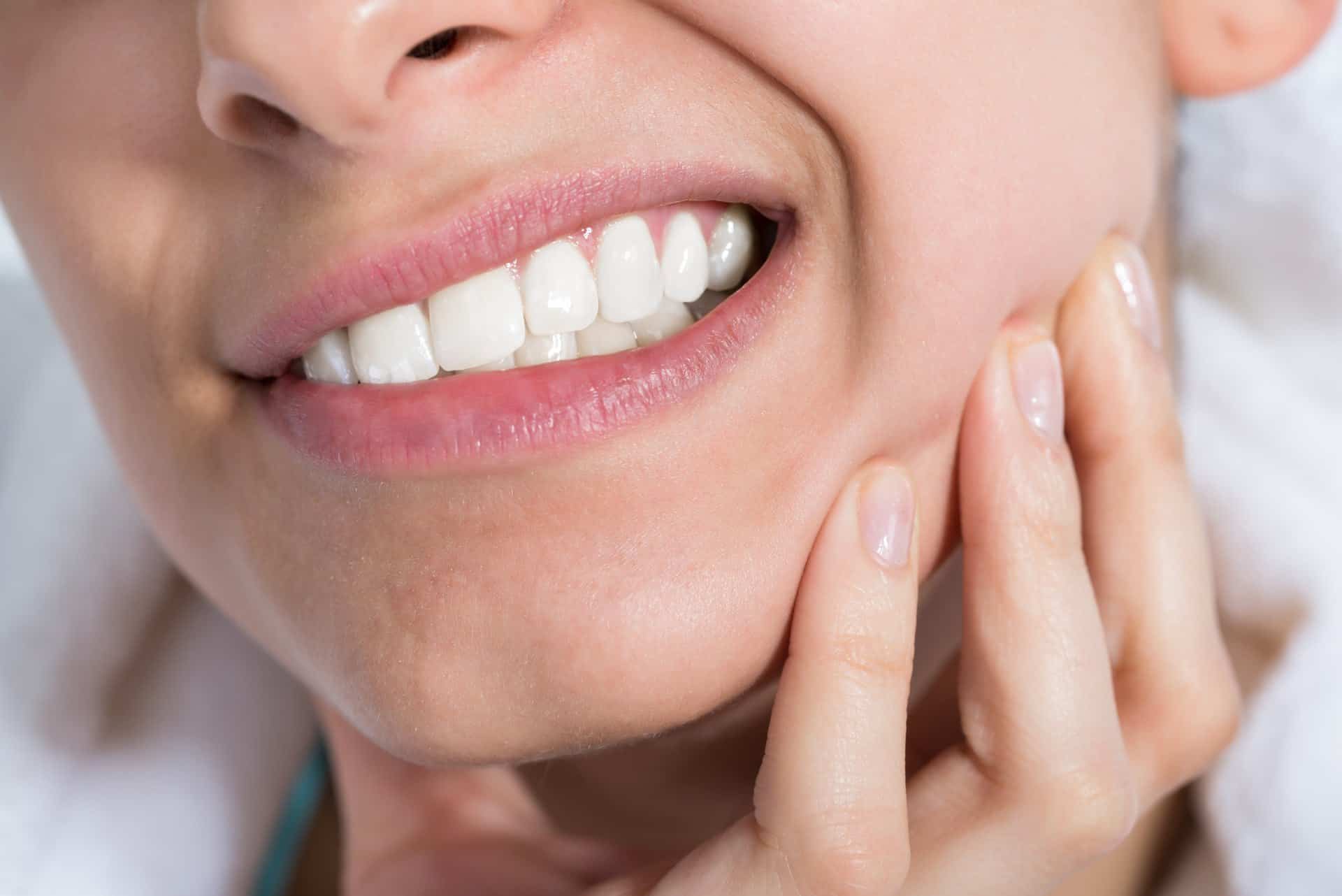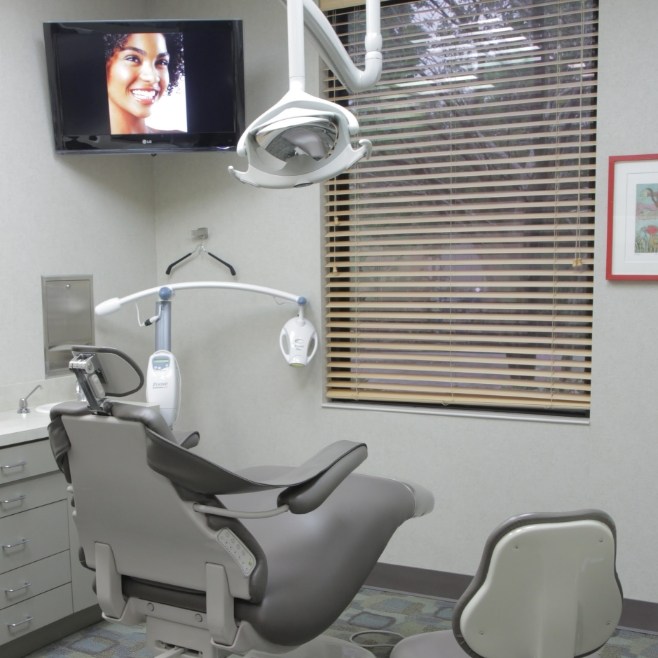How To Care For Sensitive Teeth In 2020
In your early years, it’s easy to take your teeth for granted. But sooner or later, you may find that you can’t enjoy food and drink like you used to. Eroding enamel and receding gums reveal sensitive nerves, vulnerable to extreme temperatures and sugars.
Sensitive teeth are a common malady experienced by 1 in 8 Americans. Likely, sensitive teeth aren’t always permanent. With good sensitive teeth care, you can minimize the damage and put the discomfort at bay.
Enjoying your favorite foods shouldn’t be a pain. Here’s how to care for sensitive teeth and get them back in shape.
1. Change Dental Products
Following good dental hygiene is the best way to guarantee improvement. You should brush for at least two minutes twice a day and floss once daily. But if you are already experiencing sensitive teeth, you’ll want to upgrade to specialty products.
Desensitizing toothpaste is available from a variety of different manufacturers. Some products shield your nerves to stop the pain while others plug up holes in your enamel. Any toothpaste created for sensitive teeth should provide pain relief after a few weeks.
Always use a soft-bristled toothbrush. Starter brushes can wear away your enamel, contributing to tooth pain. For the same reason, be gentle on your teeth while brushing.
If discomfort continues, make use of fluoridated mouthwash. This sometimes requires a prescription.
Start with an over-the-counter remedy. You can discuss prescription options with your dentist during your next checkup.
2. Avoid Troublesome Foods
Acidic foods are the main culprits behind damaged tooth enamel, though there are plenty of other reasons why your teeth hurt. Acid can also exacerbate the extent of your tooth pain.
You may be surprised to learn that some of your favorite snacks and beverages are highly acidic. These include drinks such as sodas, juices, teas, and coffee. While you should avoid these items while sensitive teeth persist, you can minimize the damage by drinking them with a straw.
Most fruits are acidic as well as some types of candy. In addition to avoiding acid, be wary of sweets and starches. Sugar can put your oral health at risk, worsening or contributing to the pain.
While most people know that cookies, cakes, and hard candies are ill-advised, they may not be aware that a food doesn’t have to be sweet to cause damage. Breads and other foods laden with carbohydrates dissolve into damaging sugars.
When you do enjoy these foods, be sure to chase them with water. But wait at least half an hour before brushing your teeth. Rather than removing acidic and sweet substances, you may instead scratch away your enamel, softened by the consumption of these foods.
3. Use a Mouthguard
A third of children and about 8% of adults unknowingly grind their teeth while asleep. It’s known as sleep bruxism. This practice can cause serious dental damage, causing or contributing to teeth sensitivity.
Sometimes you can stop sleep bruxism on your own by controlling anxiety and stress. Oftentimes, it’s a learned behavior that can’t be stopped.
Your doctor will be able to tell if you experience sleep bruxism on a regular basis. If you share a bed, your partner may also hear you grinding your teeth in your sleep.
Mouthguards are available over-the-counter. That said, these budget options can be bulky and uncomfortable. You may want to talk with your doctor about custom mouthguards if you’re a victim of sleep bruxism.
4. Stay Hydrated
A chronic dry mouth is more than a nuisance. They can be a serious cause of tooth decay, gum disease, and of course the tooth sensitivity that comes with it.
Sometimes dry mouth is an inherited disorder. But usually, it’s caused by lack of hydration, medication, or the use of cigarettes and other inhalants. Making positive lifestyle alterations can keep your mouth moist and healthy.
If you’re not drinking enough water every day, it’s time to start. If dry mouth continues, talk to your doctor about possible treatments. Until then, over the counter medication is available.
5. Control Acid Reflux
Acid reflux and related conditions such as bulimia introduce powerful acids into your mouth. Just like eating acidic foods, your stomach acid can degrade your enamel and make the pain worse.
Seek to treat your acid reflux in addition to following the sensitive teeth care tips provided here. A variety of medications can solve acid reflux, as well as lifestyle changes and sometimes surgery.
6. Undergo a Dental Procedure
For moderate or severe oral damage, your dentist may suggest a medical procedure. Once gums have receded, they won’t grow back. However, several procedures are available to cover exposed tooth roots and put the pain to rest.
Usually, this means using resin to patch up exposed sections of your teeth. It’s possible to slightly reposition gums back in place if the conditions are right. For extensive damage, your dentist may have to relocate part of your gum and replace it over the exposed area.
You might also experience severe tooth pain or sensitivity from untreated cavities. A crown may be necessary for the treatment of serious damage. But minor cavities are quickly fixed with fillings, which should result in immediate pain relief.
Now You Know How to Care for Sensitive Teeth in 2020
Sensitive teeth are a sign that something is wrong with your current oral health. Luckily, if you know how to care for sensitive teeth, you can make improvements before things get worse. In most cases, being mindful of consumption and using specialty dental products should resolve minor and modest cases of sensitive teeth.
Still dealing with a tooth ache or avoiding your bi-annual teeth cleaning? Roman Dental promises a safe, positive experience for everyone. Contact us today to schedule an appointment.


